|
Bamboo City, Geometry, Music at Musashino Art University ©2009 Akio Hizume GP program EDS Bamboo Design Progect Musashino Art University, Tokyo, Japan
This occasion, I instructed the invisible Form without shape. What is the invisible Form? That is, for example, a recipe consisting of set of injunctions.(G. Spencer=Brown) When we have got the recipe once, we can re-create the Form again and again wherever, whenever, and using any materials. Even in another planet, we can re-create the Form. If the Form is destroyed, we can re-create again. We can destroy it anytime without stint. The Shape must break, but the Form is immortal. Watch the process of sand MANDALA drawn by Tibetan monk. The Mathematics is the purest system of recipe. I instructed how to make the MUMAGARI which is projection of six-dimensional regular lattice into three dimensional space first. Second, I instructed how to build and live in the neuro-architecture based on the Penrose Lattice which is projection of six-dimensional regular lattice into two dimensional space. Third, I instructed how to play the Fibonacci Kecak which is projection of six-dimentional regular lattice into one dimensional space.
Next day, I will instruct them how to assemble the Star without jig. Finally, I gave them a score of the Fibonacci Kecak music, then conducted them how to play it. They played the poly-rhythm very well. I knew they are good player.
I gave additional five kinds of scores of poly-rhythm, that is, Square Kecak which is based on the recursive structure of the continued fraction expansion of square root 2. Delta Kecak which is based on the recursive structure of the continued fraction expansion of square root 3. Seven Kecak which is based on the recursive structure of the continued fraction expansion of square root 7. Eleven Kecak which is based on the recursive structure of the continued fraction expansion of square root 11. Euler Kecak which is based on the recursive structure of the continued fraction expansion of the base of natural logarithm exp(1). The 40 students broke into five teams by lot. Each team would practice the one of Kecak. The participants of the same team would play being in the same boat. It was a kind of game. But this game board was real space, not virtual space.
Some students did not want to take it apart because it was very hard to assemble and they liked the assembled star. But I advised them to throw away their obsession with shape. Everyday it was a kind of dojo. After two weeks, each team had been able to assemble the star without my instruction. Final day, five of the most skilled persons assembled the Starcage at once. Watch the movie. The record was less than three minutes. It usually takes around five minute when I assembled it alone. Though it was the first attempt, five persons reduce the time almost half. If we practice more, we might assemble it within 30 seconds.
Ancient Egyptian used the way to build any monument. That is the origin of a word "Geometry". The famous Mystery Circle (Crop circles) also must be drawn by human being using a rope. All human being is also one of space man. Any human being is not God. In front of all students of my class, I indicated the nail I drove into the ground. "This is my work." I said, then "But my work is not the nail. The position is my work. Position has not mass."
40 students and I harvested 100 bamboos in a morning. Since it was the first experience for the most of students to cut and carry such tall bamboo, they dripped with sweat though it was cold winter day. Very hard work!
Each team built their tepee where they would like to live.
Mr. Saito placed a giant bamboo wind mill on top of the pentagonal tepee. Ms. Ninomiya displayed an installation using a lot of stones. Mr. Hashiba and Ms. Fukuda did also unique display. Little by little, the experimental bamboo city became downtown I had aimed.
I wished the Google Earth took a photo from space. Since it was hard work to build the maze city, we think we must enjoy our lives in this infra-structure as much as we like.
I remember the famous allegory titled "Stone Soup". It happen to be realized. The final two days, I arrange a small festival. I integrated people, architecture, maze city, music, eating, drinking etc. then the neuro architecture became a theater without scenario. In general, City is a device for Festival. neuro-architecture must make unique festival only neuro-architecture can do. We make everything using extra bamboo, that is, any cup, bowl, dipper, ladle, spoon, knife, chopsticks, etc. We make hot SAKE and rice using bamboo. it was so sweet and delicious. Today's bamboo cooking utensils will be enough fuel for tomorrow's dinner. We understood that we need bamboo forests as many as possible. We also understood why ancient Japanese had transplanted bamboo from south of Asia as hard as they could. We can make anything using bamboo. Bamboo tools are not so much substitute as more functional tool. It is my opinion that when people will make something, he should consider it might be realized using bamboo before he go to DIY shop. In Japan, most of University does not allow the students to use fire today. Mythology hands down human being became human being when he could control fire. The University requires students to give up being human being. In the meantime, Japanese knowledgeable persons highly recommend the nuclear power plant. They say it is safe, clean, ecological. We are monkey which has lost its wild nature.
From left, Yoshihi Futana(explorer), Yoshiharu Sekino(explorer), Akira Mochizuki(landscape architect).
Many professional musicians did improvisation with our bamboo percussion poly-rhythm. The bamboo sound, flavor of ethnic foods, and crowd outdoor reminded me the endless night of Ubud, Bali, Indonesia.
I had only passed the scores to each team. I looked forward to watching diversity they arranged. I uploaded these movie as follows. This is a poly-rhythm based on the self-similarity of the continued fraction expansion of the base of natural logarithm. It is called Euler Kecak. The members of Euler Kecak team were very eccentric characters each. I was afraid if each individuality might fight each other. But it was overanxious. They did very exciting performance. This is a poly-rhythm based on the self-similarity of the continued fraction expansion of square root of prime number eleven. It is called Eleven Kecak. This team did high-quality performance. The ending was also nice. I would like to listen to it in rice terrace in Bali Indonesia. This is a poly-rhythm based on the self-similarity of the continued fraction expansion of square root of prime number seven. It is called Seven Kecak. It is enough quality as an ethnic music This is a poly-rhythm based on the self-similarity of the continued fraction expansion of square root of prime number Three. It is called Delta Kecak. You can listen to moment that nobody clapped any sound. I notice myself that my subconscious always waits to listen to such silent moment. This is a poly-rhythm based on the self-similarity of the continued fraction expansion of square root of prime number Two. It is called Square Kecak. This team did the most constructive direction. They made the best use of my geometric infra-structure. Finally, all teams performed together. It is not postrecording, but liverecording. As the Kecak teams entered one by one, remarkable swell of beat came out. This was what I had most wanted to realize in this occasion. Looks like many solar systems make galaxy, and many galaxies make galaxy cluster. The more Kecak, the richer cluster of sound.
They cooked chocolate fondu, cake and tea, kimchi soup, curry rice, etc. The extra foods which they could not eat were shared for other Kecak teams. It was natural exchange economy on student's own initiative.
The end of the festival, students parted reluctantly each other. All of students became friend. The practice of the Kecak seemed to be good tool for communication. Some student said that the neuro-architecture city does not kill individual, and any individuality can live each other without fight. The student has got an insight of the Basic Income certainly. I had not expected so much excitement and active creativities of students. But they did it on their own initiative. Many elements, that is, people, bamboo, architecture, experimental city of Penrose labyrinth, geometry, music, fire, food, natural economy were integrated and began to embody autopoiesis. I suppose the elegant form of geometry raised it. The geometry has no arbitrariness. The students' subconscious realized about the freedom and potential of the geometry as an infra-structure of art. The experiment of pentagonal city has been successful. It must be mathematical destiny that such city will be realized in the future. It might be yesterday or thousand years later. Any school is a model of our society. I and students have a glimpse of forthcoming society in this occasion. Hiroyuki Hashiguchi (H.H) Akiko Suzuki (A.S) Ryosuke Hashiba (R.H) Akio Hizume(A.H) residents, players, arrangers students of the MAU architect, composer, director Akio Hizume coordinator Takaaki Bando project assitant Hiroyuki Hashiguchi official assitant Chiemi Inaba Tomoko Nishi KEYAKI member Tomohisa Saito KEYAKI Meister Natsuki Matsumoto KEYAKI friends Natsuki Arita Hiroaki Shibata special thanks Shigeyo Takeuchi Yoshihi Futana building assist Shotaro Hirano Haruka Ninomiya Hiroaki Shibata Nao Takeno Kenji Oda Wanseok Ryu Satomi Kasai Stone Soup Shinobu Wachi Sayoko Oishi Hanae Miyamoto Haruka Ninomiya Saki Mitsushima guest musician (improvisation) Masao Urayama Sachio Suzuki Yuichi Sasaki Mitsuru Nishimura Takayuki Matsumoto Nao Sato Ayame Iizumi guest residents Haruka Ninomiya Tomohisa Saito Masumi Fukuda sponsor EDS Bamboo Design Project Tribute to Sir Roger Penrose |
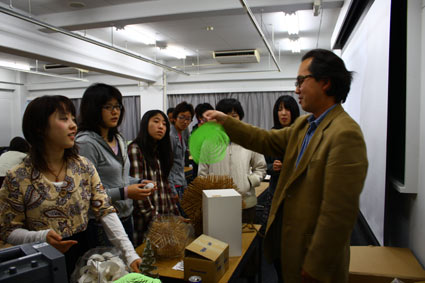 photo: R.H
photo: R.H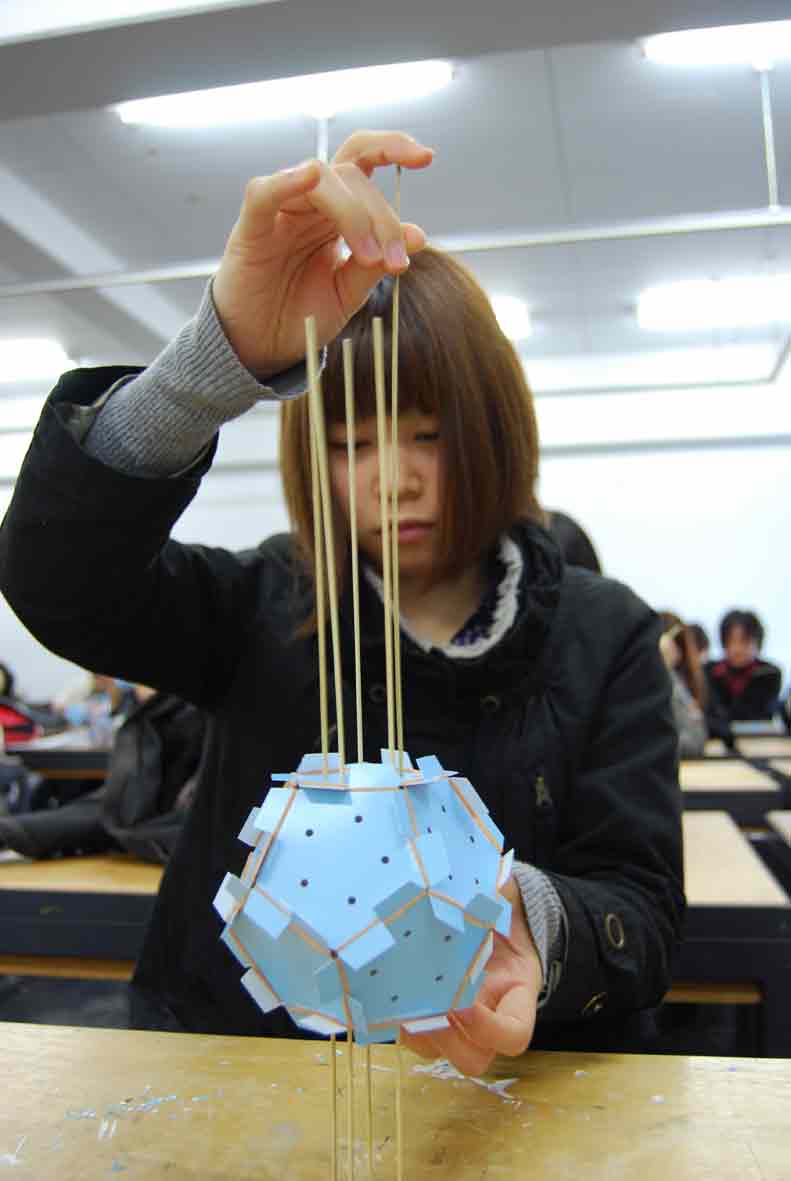 photo: H.H
photo: H.H
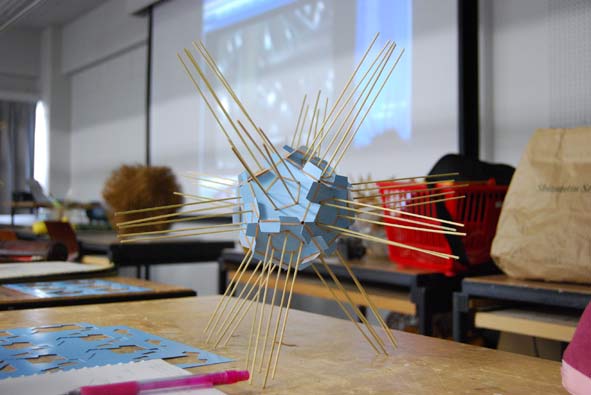
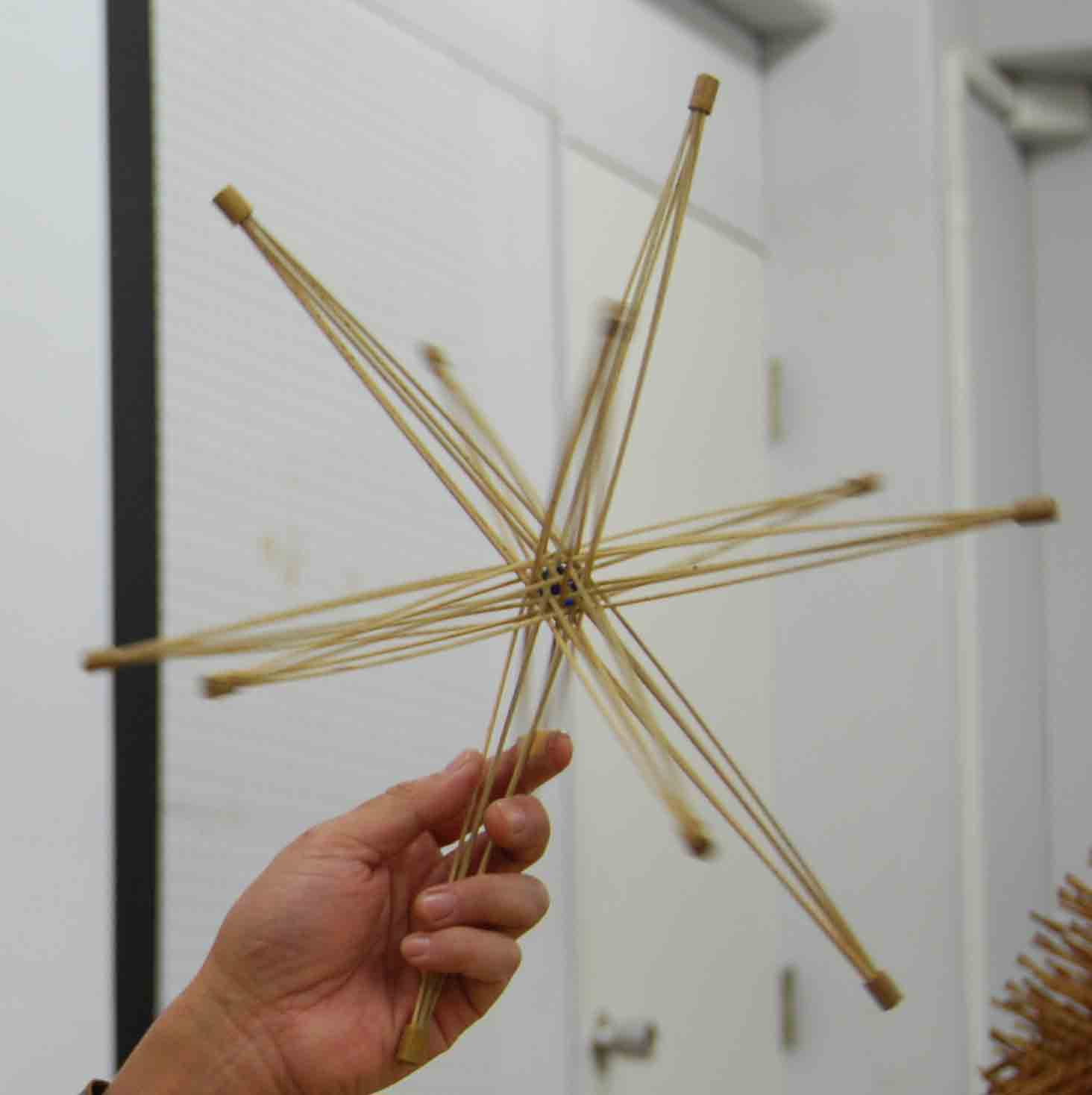 photo: H.H
photo: H.H
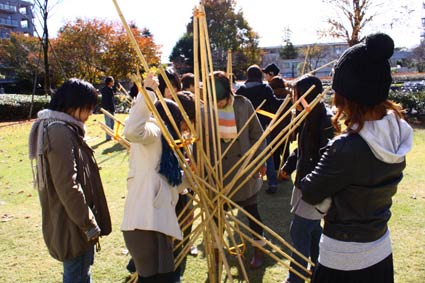 photo: R.H
photo: R.H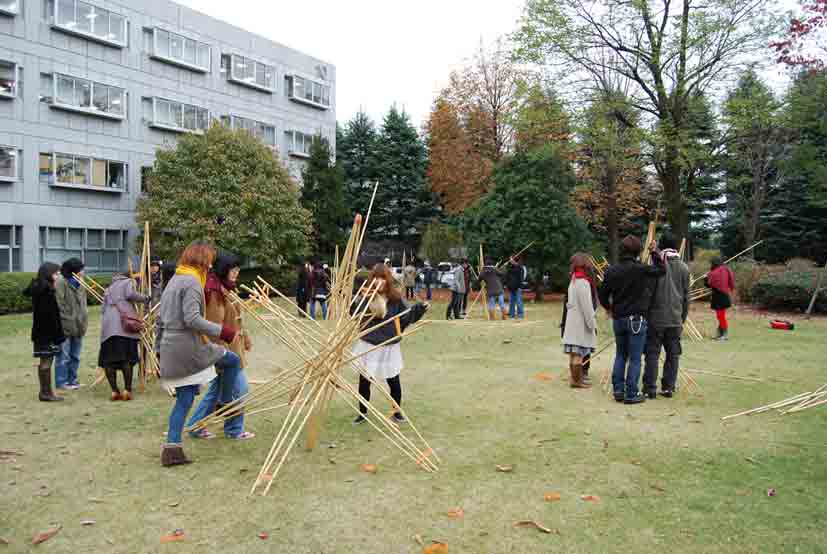 photo: H.H
photo: H.H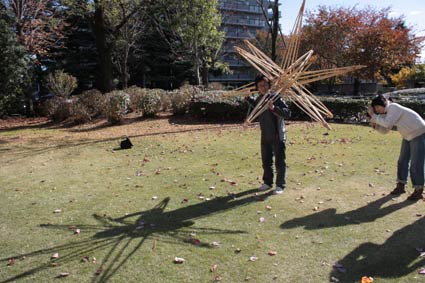 photo: R.H
photo: R.H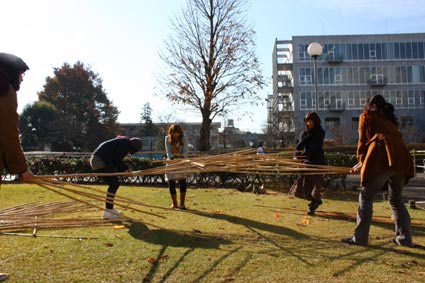 photo: R.H
photo: R.H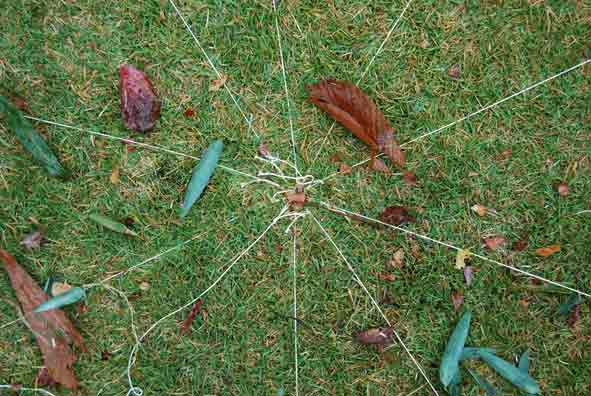 photo: H.H
photo: H.H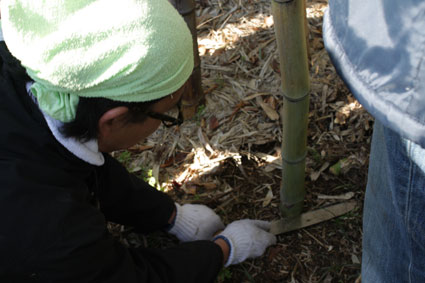 photo: R.H
photo: R.H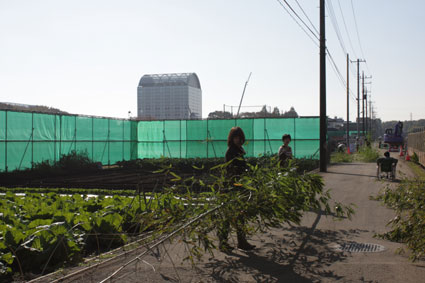 photo: R.H
photo: R.H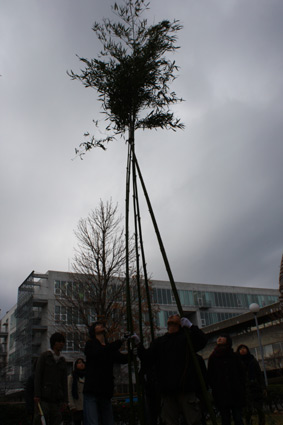 photo: R.H
photo: R.H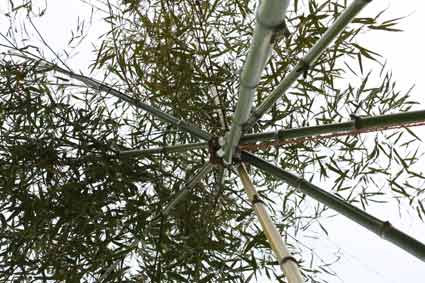 photo: R.H
photo: R.H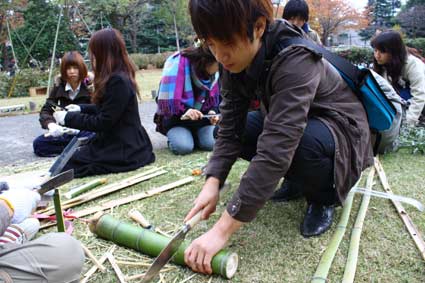 photo: R.H
photo: R.H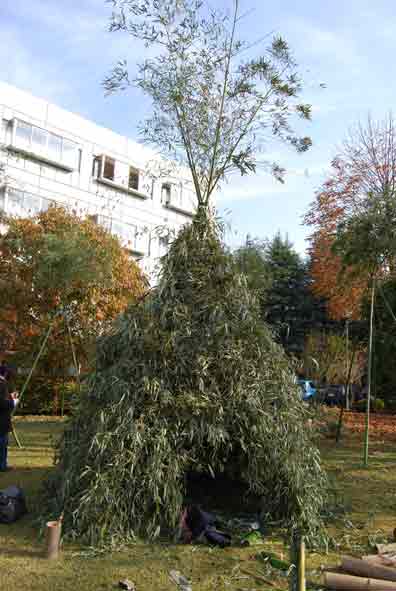 photo: H.H
photo: H.H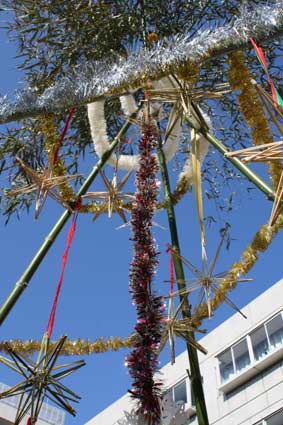 photo: R.H
photo: R.H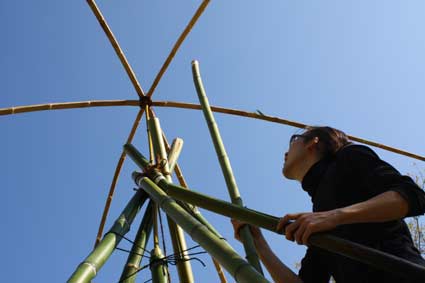 photo: R.H
photo: R.H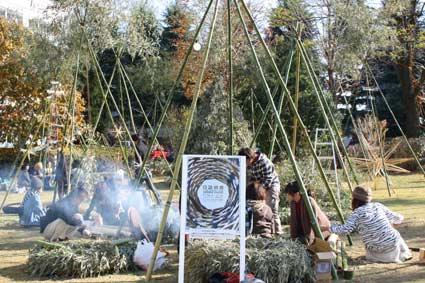 photo: R.H
photo: R.H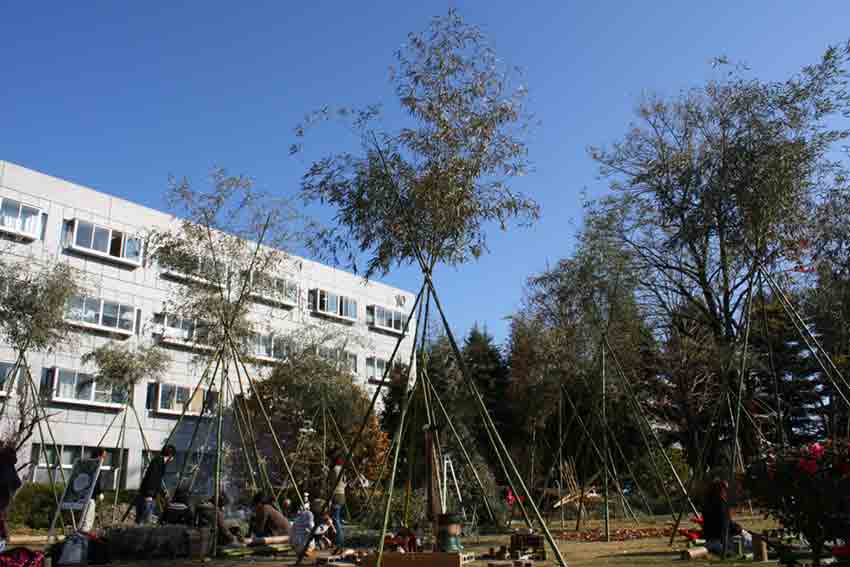 photo: R.H
photo: R.H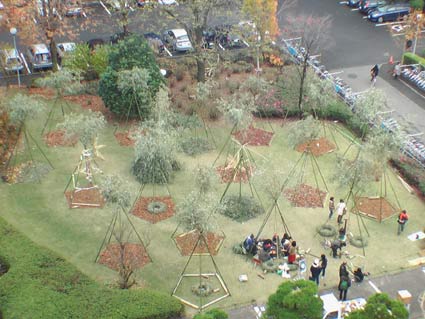 photo: A.H
photo: A.H photo: R.H
photo: R.H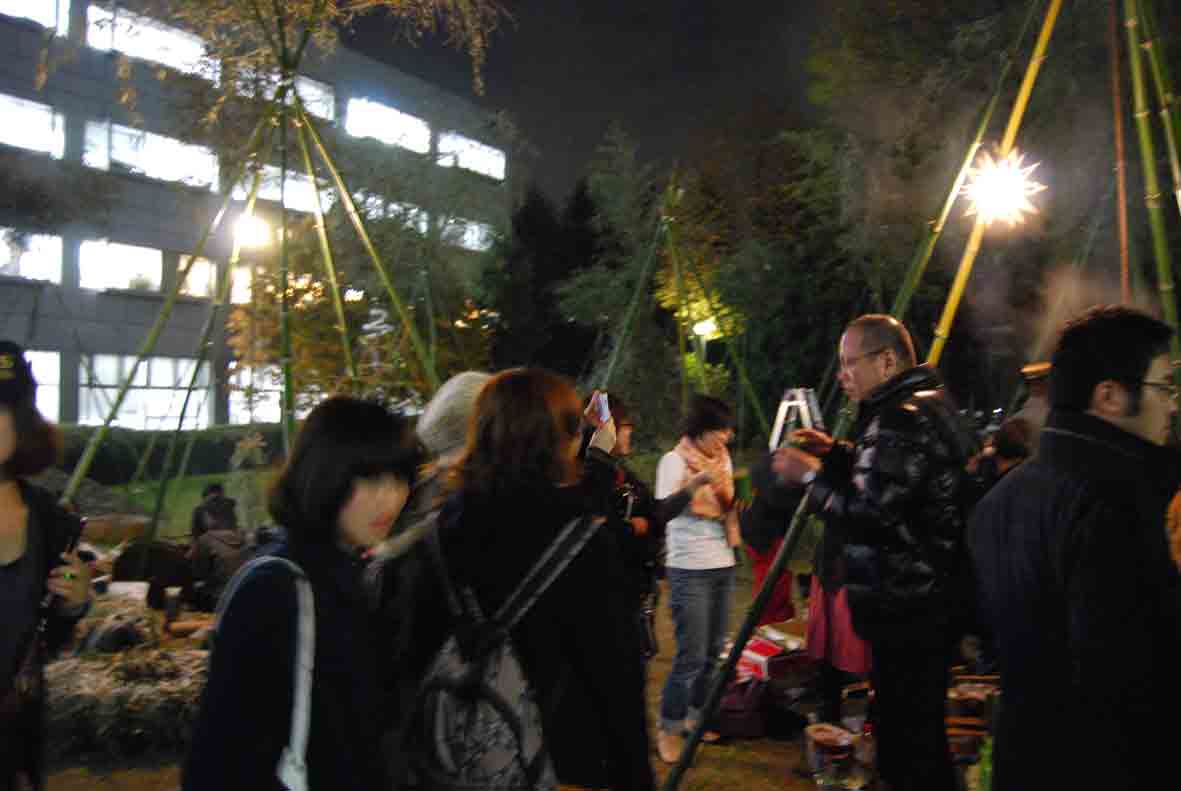 photo: H.H
photo: H.H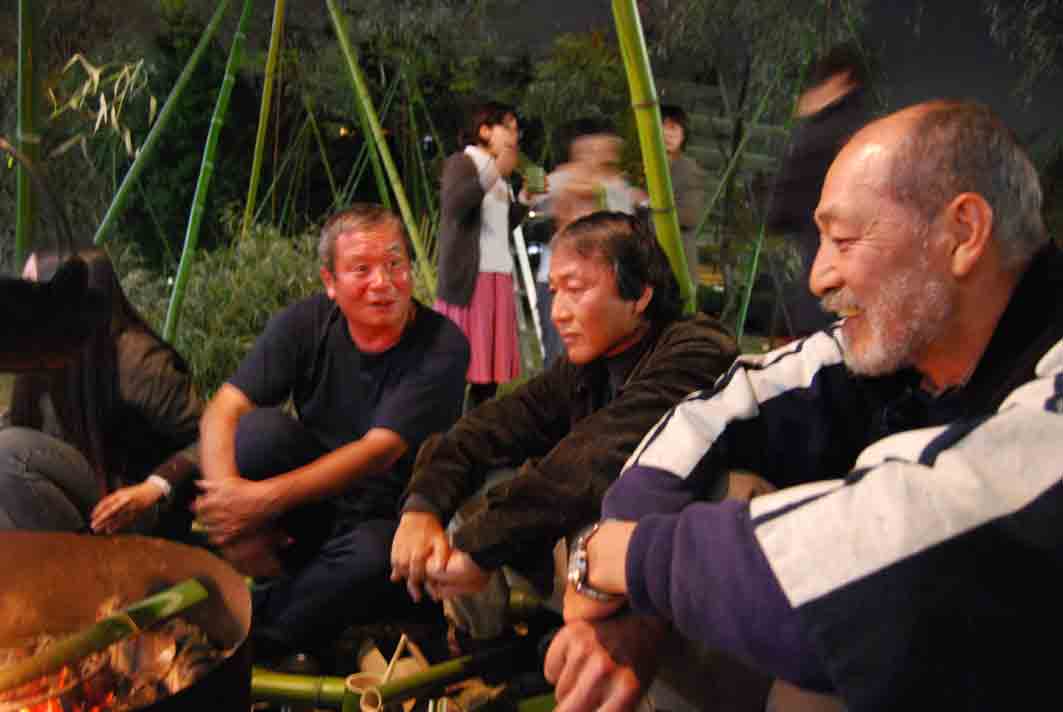 photo: H.H
photo: H.H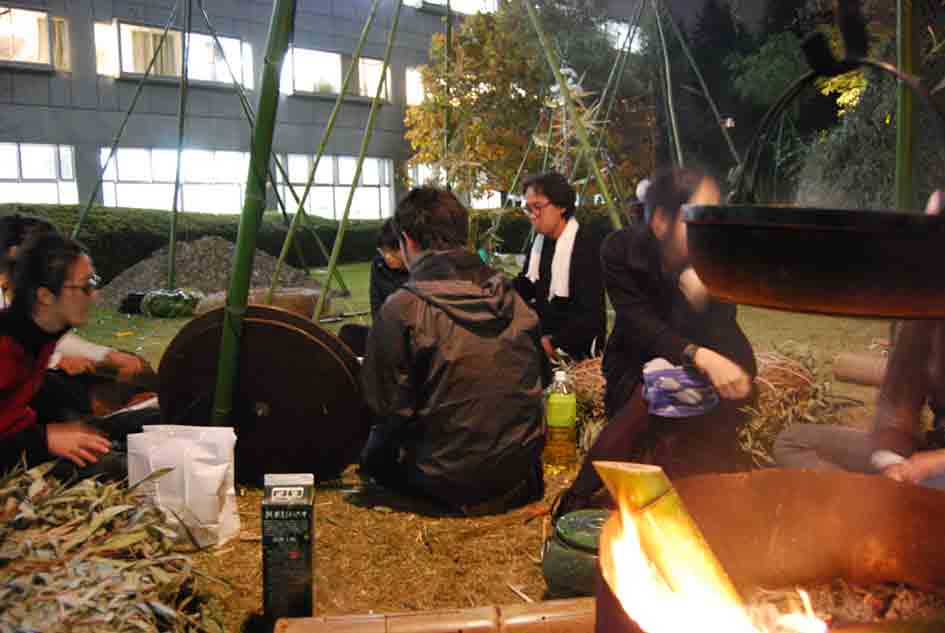 photo: H.H
photo: H.H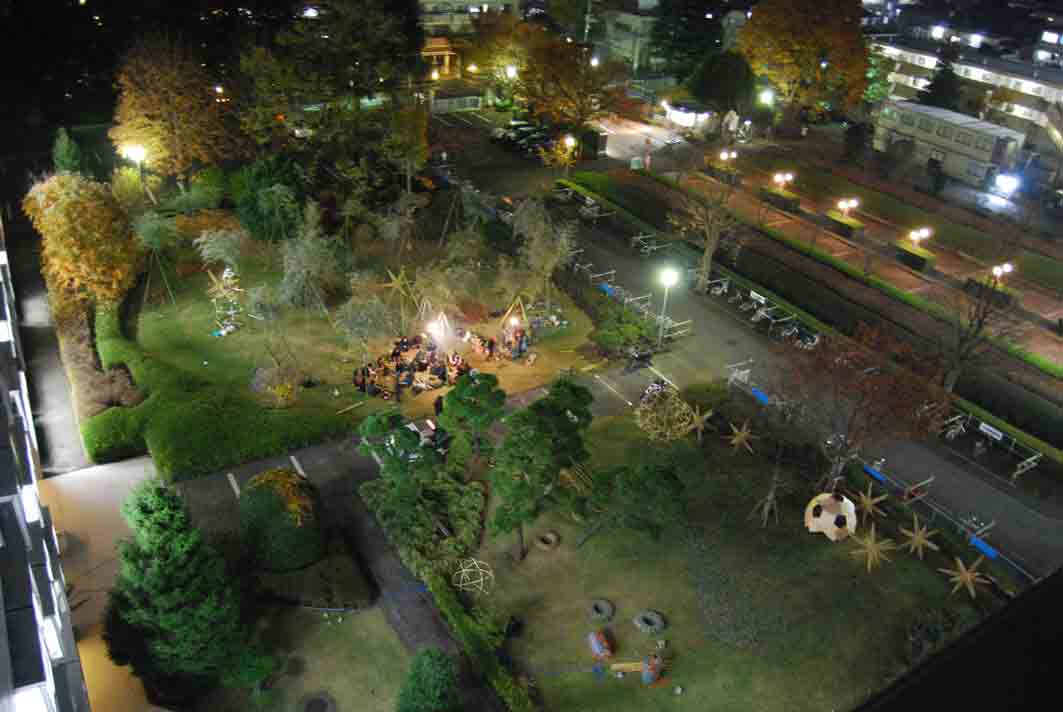 photo: A.S
photo: A.S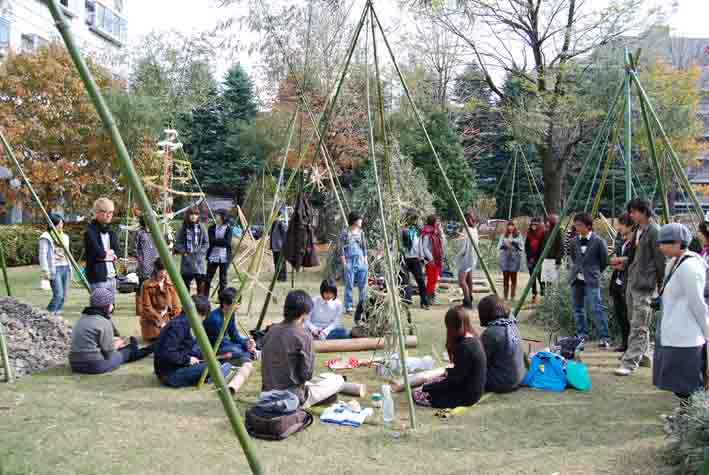 photo: H.H
photo: H.H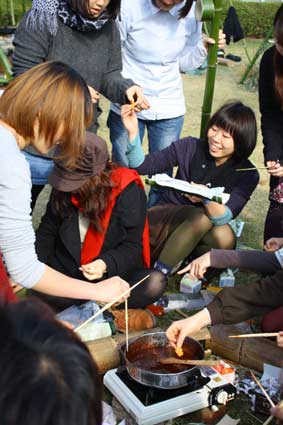 photo: R.H
photo: R.H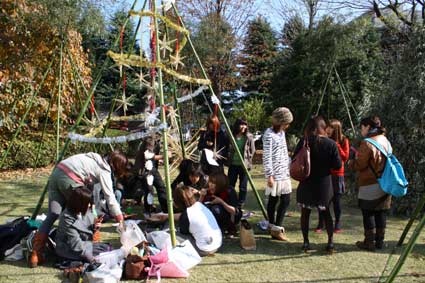
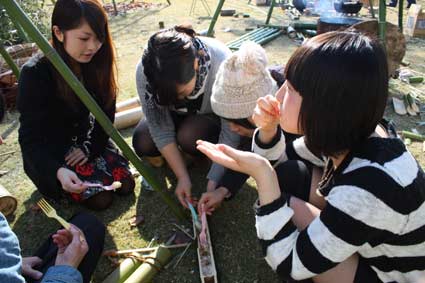 photo: R.H
photo: R.H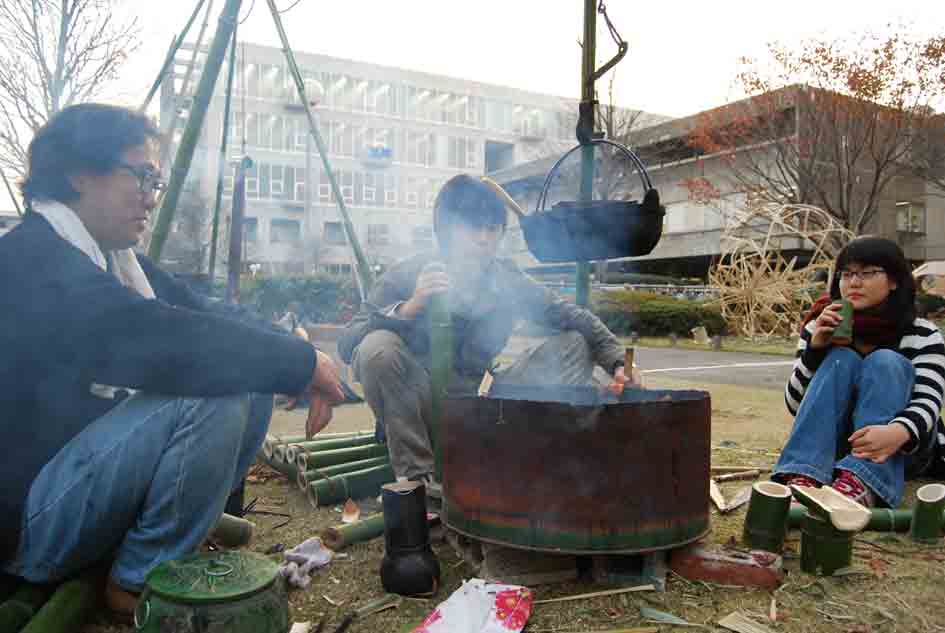 photo: R.H
photo: R.H